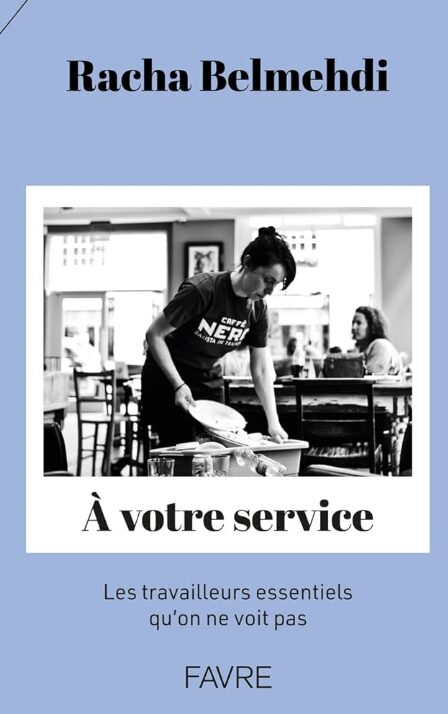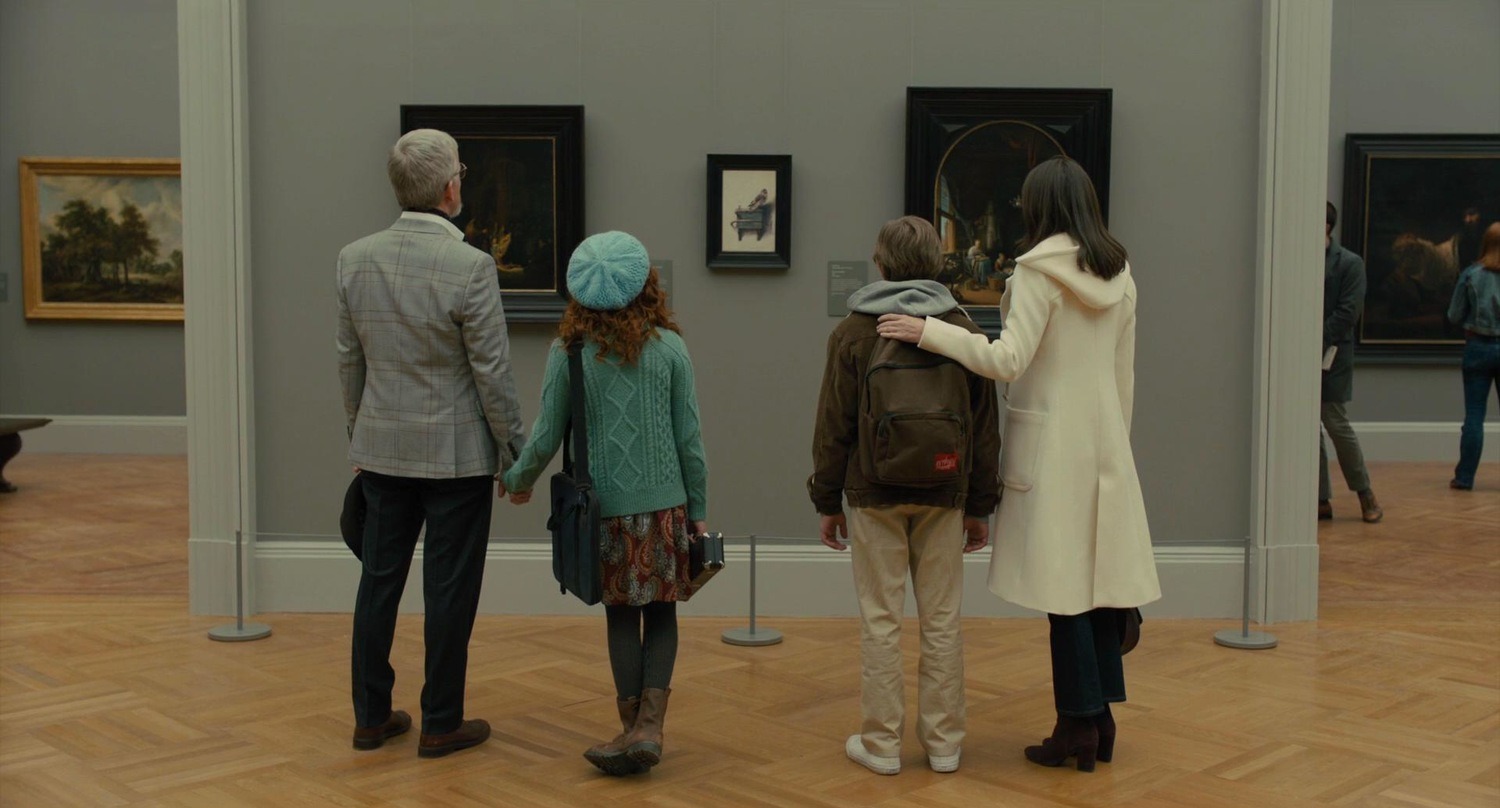Interview with Racha Belmehdi, author of “At your service” (ed. Favre)
To miss. Why did you write this book?
Racha Belmehdi. There were two starting points. At the time of Covid I realized how much customer behavior towards cashiers has changed. People greeted us, said a word of encouragement, because we knew they would remain on the “front line”. When the crisis abated, this benevolence disappeared entirely. On the other hand, I too have carried out these professions, and I needed to reflect on my experiences, to draw something useful from them, so that the work of these people is valued and made visible. .

In your story you provide many personal experiences, why was it important to speak in the first person?
For me it is essential to situate myself, so that people know where I am speaking from and so that the story is embodied. We cannot extract ourselves from our experiences to create something objective, it doesn’t really exist. I always specify my parents’ profession and my origins. It is important to talk about what we know and what we have experienced to develop relevant analyses.
What should you say to those who think and say that “today’s young people no longer want to work”?
It’s not that young people no longer want to work, it’s that they no longer want to work in the conditions imposed on them.
Capitalism has led us to accept that we have to suffer at work, to “earn a living”, I find this expression scary. For me this is not bad news, on the contrary, young people are setting better standards of quality of life for the whole society.
When I was younger, I had a tendency to question everything that was wrong, but I was always alone, they told me that was how it was ” Like this “. We see that today many more people are ready to question their working conditions. Even better if we set limits.
In several chapters you address the question of qualifications needed for jobs classified as unskilled: why does society refuse to perceive service jobs as jobs requiring real skills?
Contrary to popular belief, these are not professions accessible to everyone, sometimes requiring very specific qualifications, for example management or organizational. These jobs are listed as “unskilled” to justify the low wages. If you haven’t studied, people will tell you that “it’s not bad enough to have a job.” These are skills that are not certified by a diploma, there is no training in patience or diplomacy.
We talk a lot about burn-out problems for managers or high-value jobs, but very little about the psychological exhaustion of service professions: what makes it so difficult to think that cashiers or salespeople can survive burnout?
It is because of their dehumanization that we cannot attribute dreams or passions to these people. These employees at our service are perceived as machines, it is easier to see them that way, we lose the sense of guilt, we are unable to see them as people who suffer, who can become depressed because of their work. We start from the assumption that these people have not studied and that they should consider themselves lucky to have a job.
Service professions are at the intersection of many progressive struggles, feminism, anti-racism, anti-validism… Why are they so little taken into consideration in current struggles?
The people visible in current struggles are often people who come from wealthy backgrounds and who are educated. The most privileged occupy all the space and certain struggles end up forgotten.
Many of these people have housekeepers, nannies, who take care of their housework and who allow them to have time to carry out their struggles. This is not the case for everyone, we must remember that.
What concrete solutions to improve these jobs should be implemented, in your opinion?
Leaders should be held accountable, starting with safety. They are very exposed professions, when you find yourself in front of the public you never know who you will come across. One customer already threw a bag in my face, we can deal with very aggressive customers. Then you have to develop empathy in people, this is the most difficult thing, you really have to get rid of your habits as a consumer who feels that you are owed everything, when you can pay.
Do you like our articles? You’ll love our podcasts. All our series, urgently listen to here.
Source: Madmoizelle
Mary Crossley is an author at “The Fashion Vibes”. She is a seasoned journalist who is dedicated to delivering the latest news to her readers. With a keen sense of what’s important, Mary covers a wide range of topics, from politics to lifestyle and everything in between.




